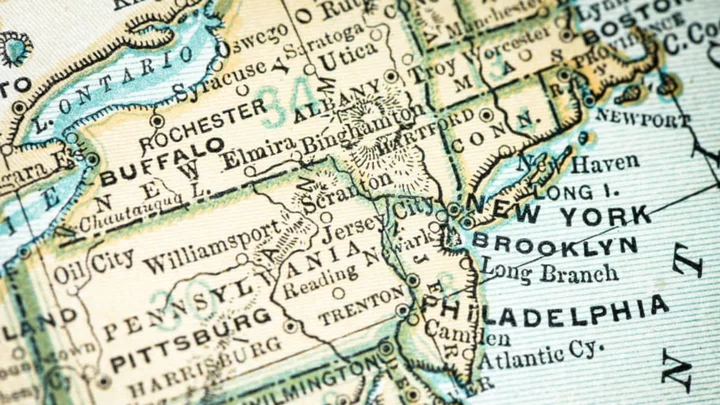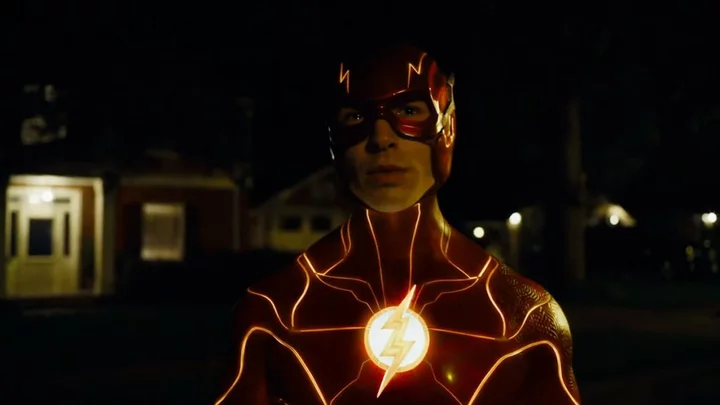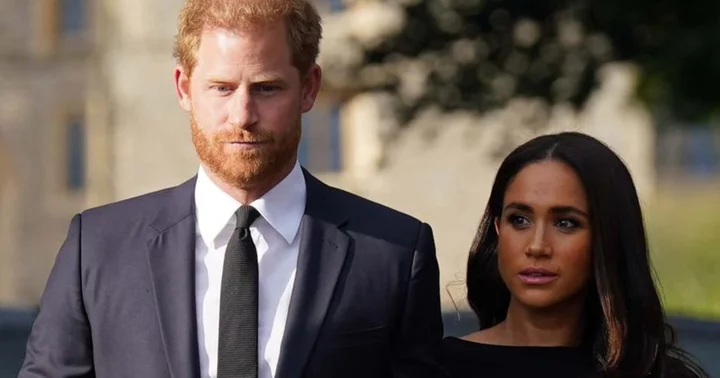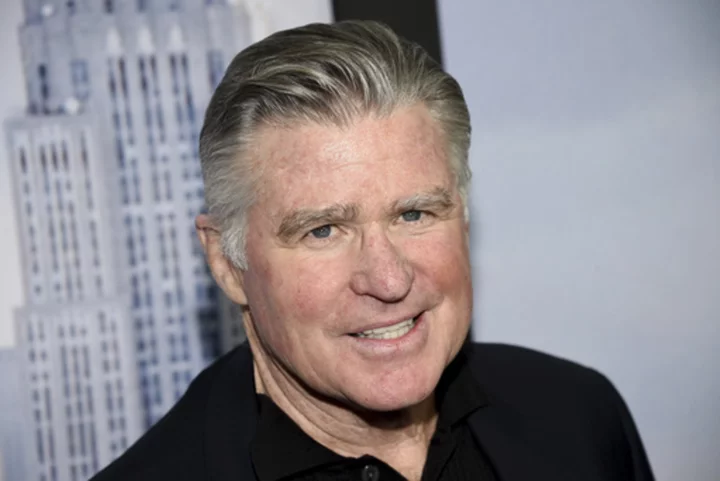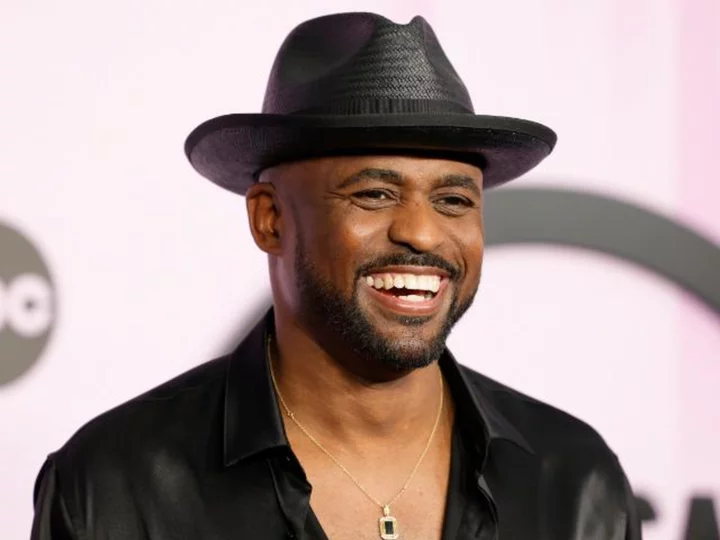“Even old New York was once New Amsterdam!” goes one of the more famous lines in the song "Istanbul (Not Constantinople).” But the Big Apple is hardly America’s only urban area to have undergone a major name change, especially when one considers the people who lived in the country in the first place. Here are the original Indigenous names given to the regions that would become 11 major U.S. cities.
1. Philadelphia
A large portion of the city of brotherly love rests in a region dubbed Coaquannock by the Lenni Lenape. The name means “grove of tall pines.”
2. Santa Fe, New Mexico
A village dubbed Ogapogee—or “the white shell-water place”—by the people of the Pueblo of Tesuque sat in the center of New Mexico’s modern-day capital sometime around the year 900 CE. A brief history of the area can be found here.
3. Providence, Rhode Island
Rhode Island’s largest city, along with much of its surrounding territory, was called Pacanaset, meaning “little cleared place” in the Narragansett language [PDF]. An excellent database of Rhode Island’s historical Native American place names was compiled by the Aquidneck Indian Council.
4. Chicago
There are several theories as to where Chicago’s name came from; the most widely accepted is that it derives from the French pronunciation of shikaakwa (“stinky onion”), a Miami-Illinois word for the wild leeks (Allium tricoccum) that grew in the area. It’s thought that the explorer René-Robert Cavelier, Sieur de La Salle was the first to refer to the site of the city by something close to its current name when he referred to it as “Checagou” in the late 17th century.
5. New York City
One theory of many [PDF] about the etymology of the word Manhattan is that it came from Menahatenk, a term meaning “where one gathers bows” in the Munsee language. Contrary to popular belief, however, the island was not purchased for $24 worth of beads.
6. Seattle
Unlike the other entries on this list, Washington State's largest city is actually named after an Indigenous leader: the Duwamish Chief Si’ahl (anglicized as Seattle). Long before the area acquired its current name, however, it was home to many villages, such as Stukw (“logjam”) and Choo-tuhb-AHLT’w (“flea’s house”).
7. Malibu, California
Malibu occupies the ancestral lands of the Ventureño Chumash. The city’s current moniker comes from a former Chumash village named Humaliwo, meaning “where the surf sounds loudly”—a reference to the nearby ocean.
8. Boston
The name of the Shawmut peninsula, the location of present-day Boston, may be derived from the Algonquin word mashauwomuk, or it could be, in the words of researchers from Northeastern University, “an extreme anglicization of a Native American word.” Because of Shawmut’s uncertain origins, it’s unclear what it actually means, but one suggestion is “living waters.”
9. Ann Arbor, Michigan
The area known for housing the University of Michigan was dubbed Kaw-goosh-kaw-nick, likely by the Potawatomi, who were apparently inspired by the sounds of a mill built there. The town was rechristened as Ann Arbor in the 1820s, though theories about the latter name’s origin vary significantly.
10. Tucson, Arizona
Tucson’s moniker was initially Cuk ṣon, meaning “black base” in the O’odham language. (Arizona, meanwhile, was derived from a Native term that meant something like “place of the small spring.”)
11. New Orleans
Tribes living in the area that would become New Orleans called it “Balbásha” (also spelled Bulbancha or Balbancha). According to John P. Dyson, the word—which means “foreign speakers are there” or “foreign speakers are upon it”—was used by the Chickasaw to refer to the Mississippi River “because of the large number of travelers and alien traders who plied its waters”; later, both the Choctaw and Chickasaw would use the word for New Orleans “due to the great variety of exotic tongues heard there,” Dyson writes [PDF].
A version of this story ran in 2016; it has been updated for 2023.
This article was originally published on www.mentalfloss.com as 11 Native American Names for Modern U.S. Cities.

